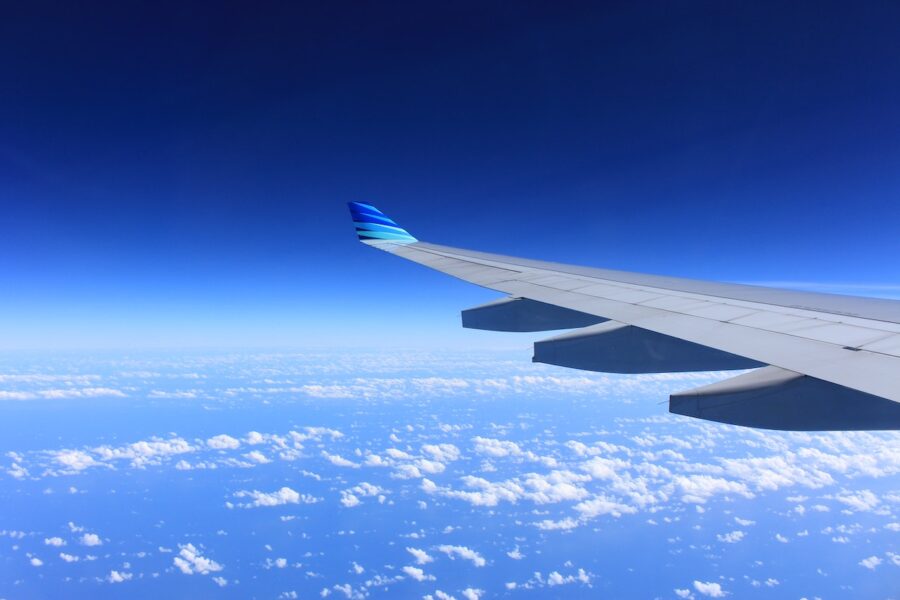
We encourage patients to rest and stay home after oral surgery, whether they have had wisdom teeth removal, dental implant placement, or another invasive procedure. If you have an upcoming trip that involves airplane travel soon after your surgical procedure, you may be worried about how it could affect your recovery.
How to Promote a Smooth Recovery After Oral Surgery
Undergoing oral surgery of any type puts stress on your body. While each patient will respond differently, these are some general guidelines that will help you navigate your recovery with as little risk for complications as possible:
- Rest and take it easy for at least 2 to 7 days
- Eat soft foods to avoid irritating the surgical site
- Drink plenty of water
- Reduce swelling by sitting and sleeping with head elevated and applying ice packs to your cheeks in 20-minute increments
- Carefully use over-the-counter medication as prescribed
- Maintain good oral hygiene
- Avoid vigorous physical activity, straws, and tobacco products
Generally, if you wait several days after surgery to resume your regular activities, you are unlikely to experience problems besides some minor discomfort and temporary swelling.
Flying After Oral Surgery
Please tell our team if you have plans to fly on an airplane soon after a potential oral surgery date. Depending on your specific case, we may recommend postponing your procedure. If postponing is not ideal then we can provide detailed instructions on how to manage your recovery while traveling.
Due to the high altitude, flying can have unpredictable effects on different parts of the head, such as the ears, face, and teeth. Patients who choose to fly after a recent oral surgery procedure may experience high levels of pain near their surgical site, and could even experience bleeding.
Additionally, traveling soon after oral surgery can add challenges with certain aspects of recovery, such as reducing swelling, preventing dry sockets, eating foods appropriate for healing, and maintaining proper oral hygiene. These can be more difficult to manage when in an airport, hotel, and airplane instead of in your regular environment.
Consult with Our Team!
Please contact Farmington Dental & Orthodontics with any concerns related to your oral health. Our team can give you additional information about issues that may interfere with your recovery while traveling so you can make an informed decision about when it is safest for you to fly.
